Passagem Literária da Consolação [são paulo]
Julián Fuks
translated by Sarah Bruni
Call it bookstore anxiety disorder. I know I’m not the first to suffer from this affliction, and I won’t be the last. This particular illness should be described in some list of new pathologies—at once intense and subtle, it can attack anyone wandering amid long shelves of shiny, attractive volumes. Nausea, maybe, an angst whose cause is difficult to name: it’s something in the exaggerated order of the books, their eagerness, something in their obvious hierarchy. The larger the store, the clearer its windows, the stronger the feeling—although even in airport bookstores, this malaise can be unexpectedly intense.
I’m sure that this phenomenon has spread to a hundred countries, but São Paulo is one of its origins. Forced to shop at big chains and impassable megastores, the city’s last remaining literate residents are left without alternatives where they can roam freely between books and browse through their purchases. They have, however, a slight remedy—or a consolation, as the name of the place suggests. Situated under one of the city’s main avenues, “Passagem Literária da Consolação” (Consolation Literary Underpass) offers relief to lungs clogged with glitter, a breath carrying the dust of old forgotten books. No organized inventory, but the disorder of life itself. No striking images and ads, just covers faded by time. No price gouging, just the books’ essential worth going straight into the pockets of a few booksellers who work as a cooperative.
Of course, you won’t find the newest release by the pop writer of the moment there, or the shifting oddities hailed by the critics. Nor is going there a longstanding routine for me: I can’t invent afternoons I spent here, giving in to the pure pleasure of literature, to its indelible instruction. I should be honest: it’s not even one of my usual destinations. But every time I pass through there, I feel something in me unwind, something in me is consoled. I can continue my walk and my day with a greater sense of calm.
*
Passagem Literária da Consolação: pedestrian walkway at the corner of Consolação and Paulista Avenue.
* *
Read this in PORTUGUESE
* *
Image credit: Julián Fuks
[ + bar ]
错误
郑愁予
我打江南走过 那等在季节里的容颜如莲花的开落 东风不来,三月的柳絮不飞 你的心如小小的寂寞的城 恰若青石的街道向晚 跫音不响,三月的窗扉紧掩 我达达的马蹄是美丽的错误 我不是归人,是个过客
Read More »Mario Bellatin: Doubles and Outtakes
Craig Epplin
Y el eco es anterior a las voces que lo producen. —Nicanor Parra
The title of Mario Bellatin’s 2008 biography of Frida Kahlo, Las... Read More »
The World Wide Widener
Patricia Marechal
The story of Widener Library starts with a tragedy. Widener is not only a place of study and one of the largest reservoirs of books and... Read More »
The Amazing Argentine [excerpt]
John Foster Fraser
Lucas Mertehikian
translated by Jennifer Croft
In 1899, Scottish writer John Foster Fraser (1868-1936) made a name for himself in Great Britain with... Read More »
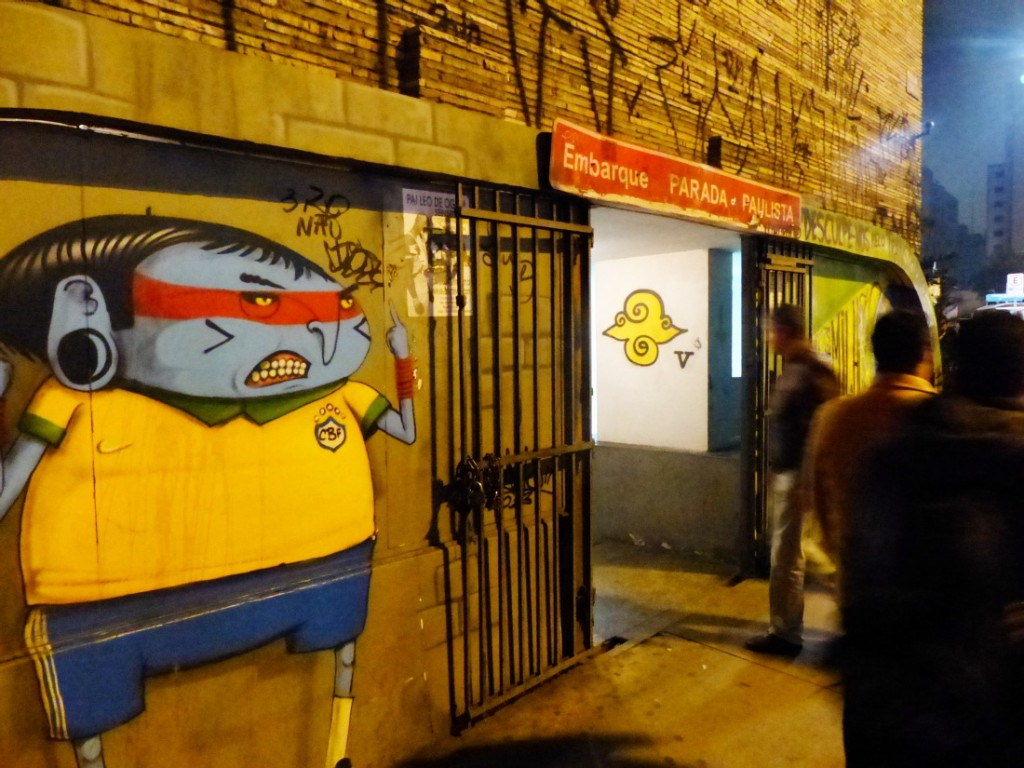
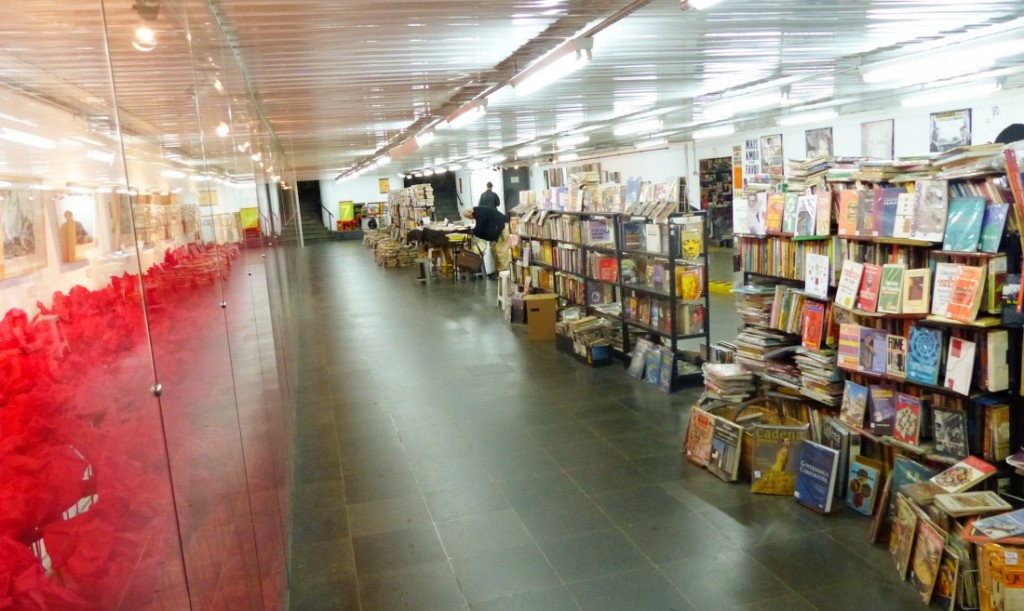
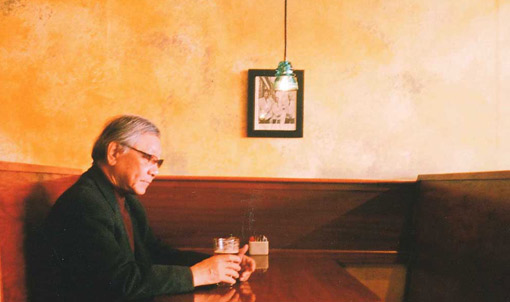
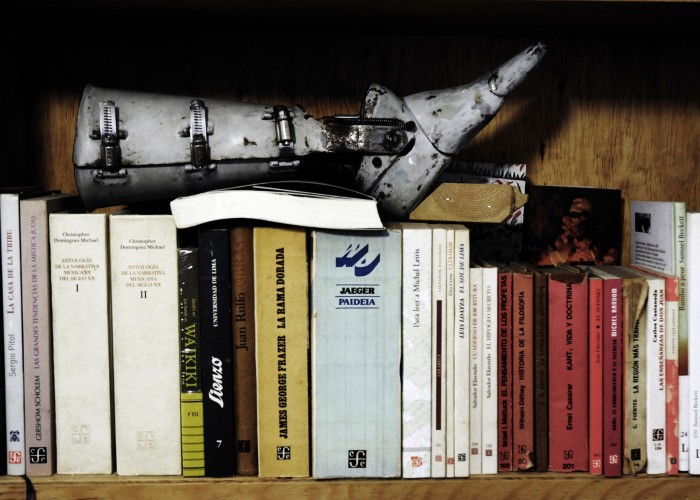
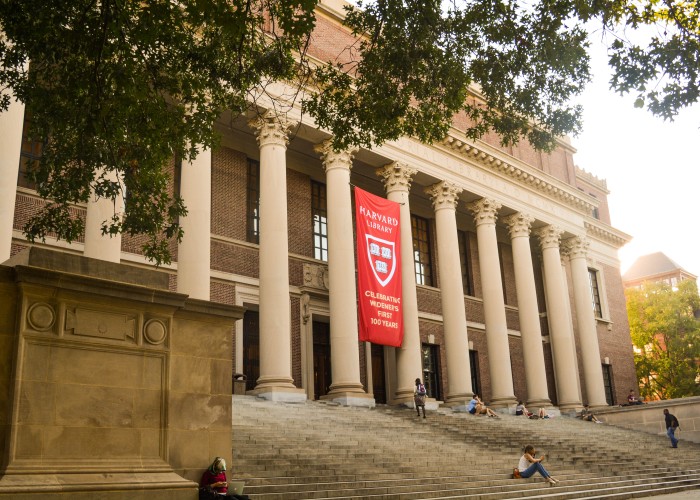
![The Amazing Argentine [excerpt]](http://www.buenosairesreview.org/wp-content/uploads/amazingargentine00frasrich_0037-700x500.jpg)



 sending...
sending...